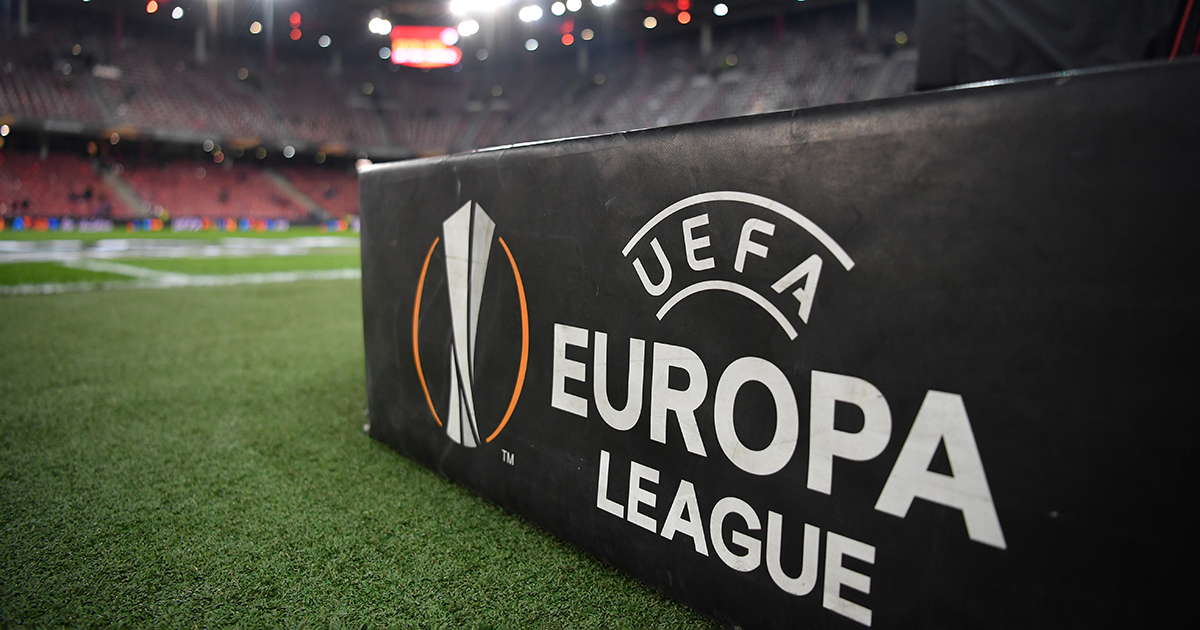
The format of the Europa League is set to undergo drastic changes, with UEFA president Aleksander Ceferin announcing in March that from the start of the 2024/25 season, 36 teams will compete in the European club competition.
Taking the total number of teams from 32 to 36 in the Europa League, the biggest change will see a transformation from the traditional group stage to a single league phase that includes all participating teams.
Each team will play eight matches, half at home and half away, with all eight taking place over a ten-week period.
With these extra teams and extra games, the new Europa League format will have 189 matches instead of 125
The top eight sides in the league will qualify automatically for the knockout stage, while teams finishing 9th to 24th will compete in a two-legged play-off to secure their path to the last 16 of the competition.
Teams are then seeded, dependent on their placing within the overall league phase, creating two brackets where the top two teams are placed on opposite sides. There is set to be no draws for the knockout stages.
Currently, two English clubs enter into the Europa League each season. The fifth-placed team in the Premier League qualify for the group stage, while the winners of the FA Cup also qualify. If the FA Cup winners finish in the top five, then the sixth-placed team qualify for the Europa League instead.
That is set to continue from 2024/25, though there are plenty more permutations to consider. What is confirmed, though, is that at least two teams from England will play in the Europa League when the new format is implemented. A third could join, if an English team wins the Europa Conference League.
In theory, in some years the Premier League could end up with a total of seven teams in the Champions League due to the coefficient spot awarded on performance and the winners of Europe’s elite club competition and the Europa League (should those clubs not otherwise qualify automatically.)
If implemented ahead of the 2022/23 season, this format would therefore have seen Arsenal qualify for the Champions League as the fifth-placed team, while West Ham United would have joined Manchester United in the Europa League.
Other changes include clubs from the same country having the possibility of facing each other in the last 16 or even play-off spots, rather than the current quarter-final stipulation.







